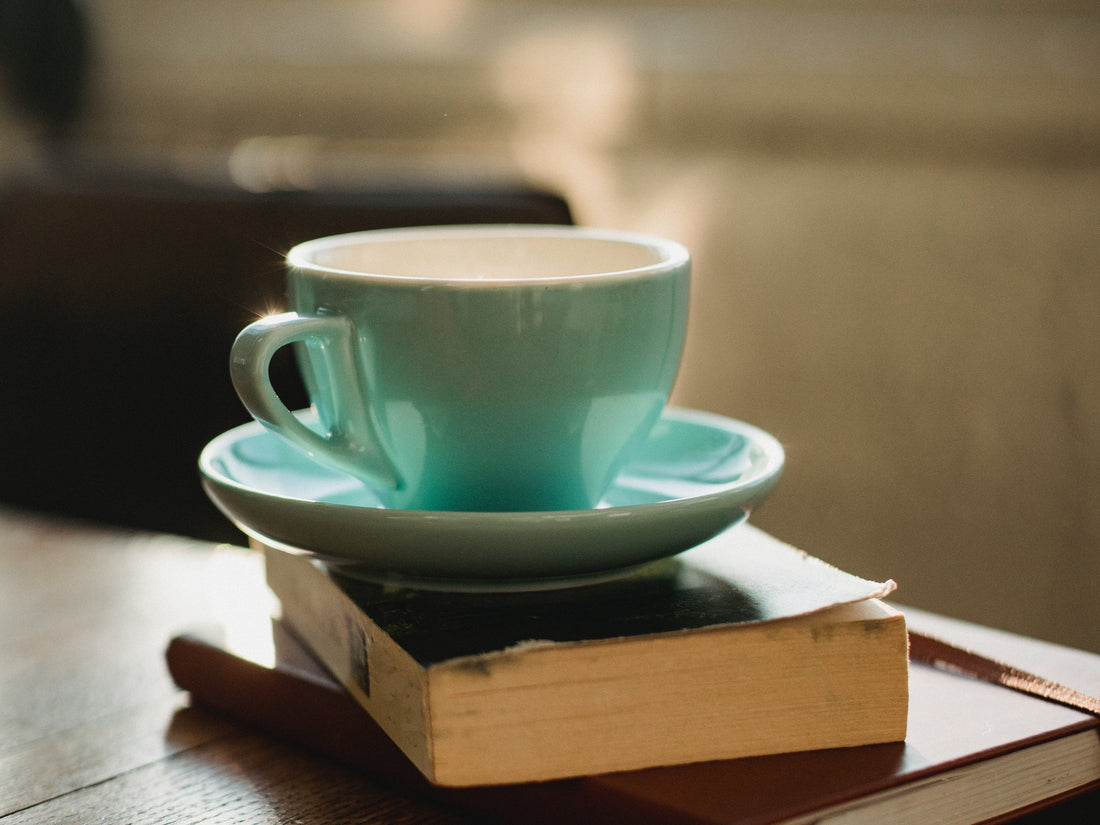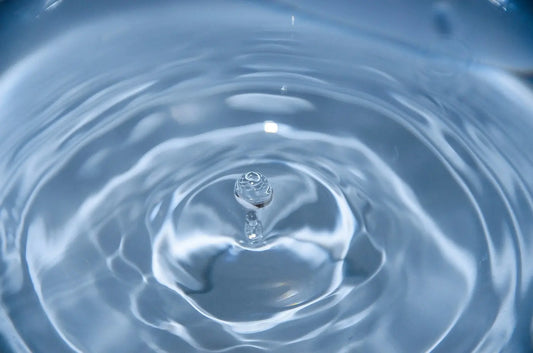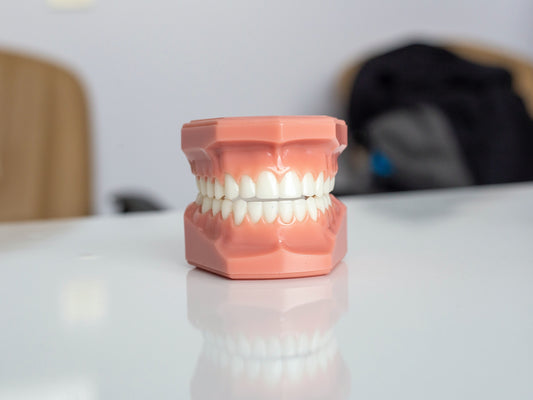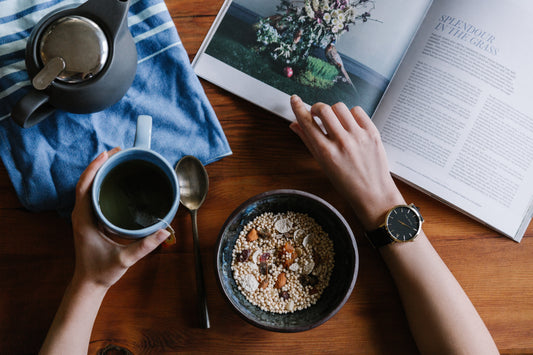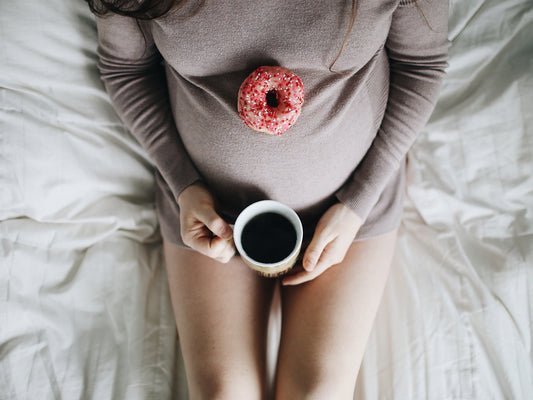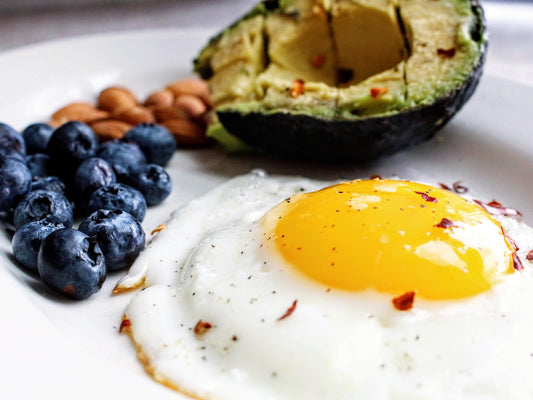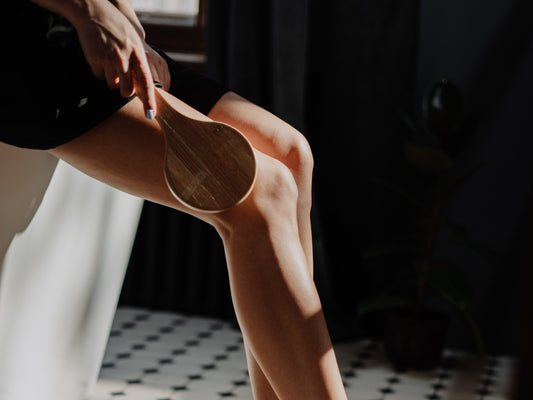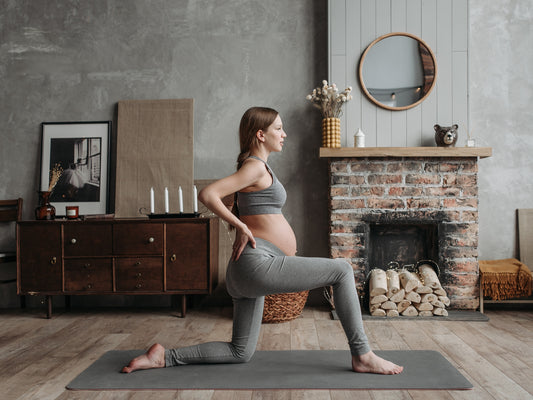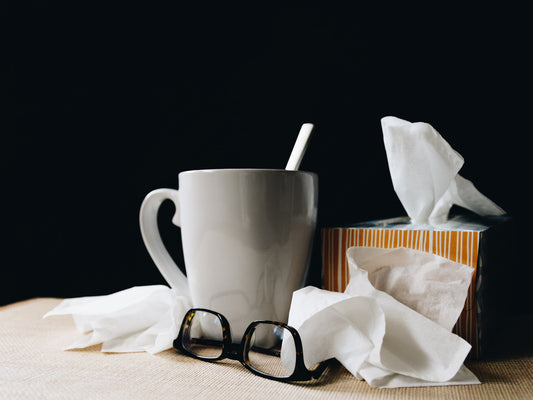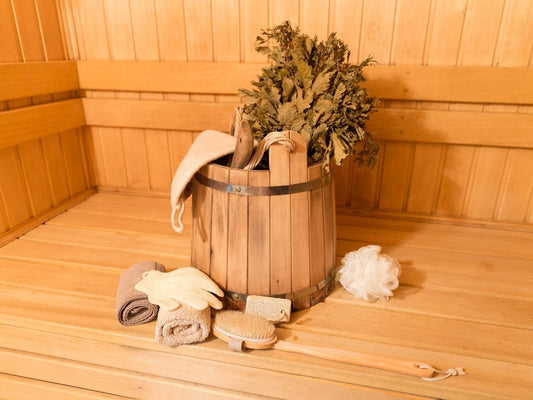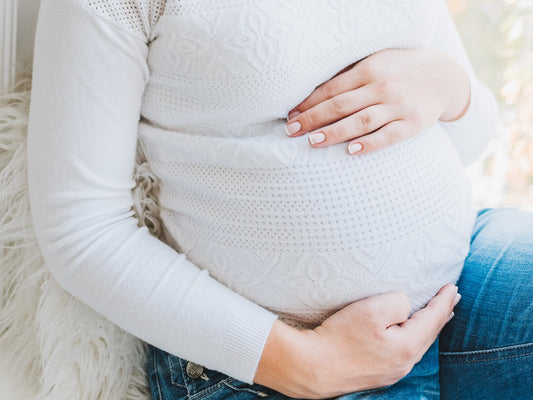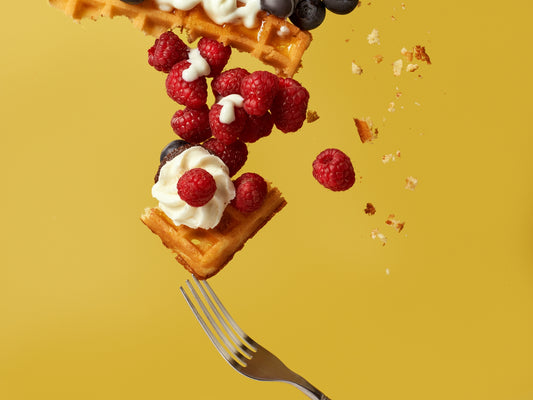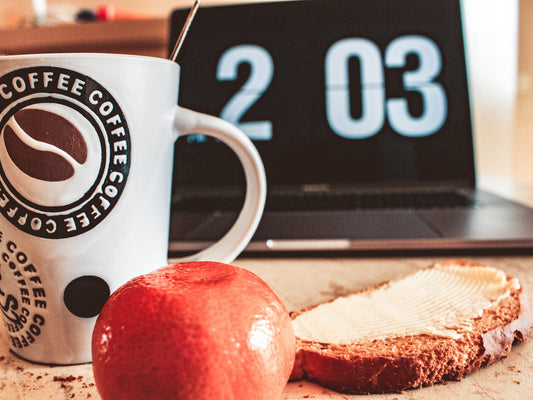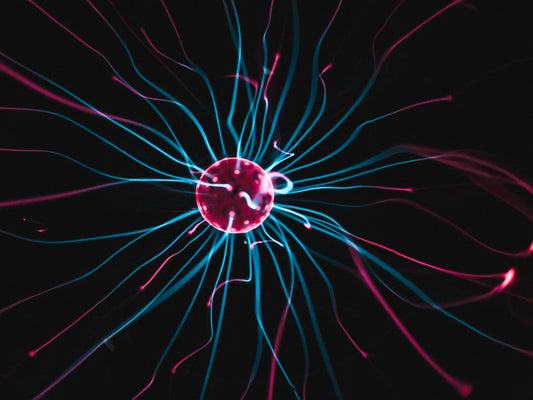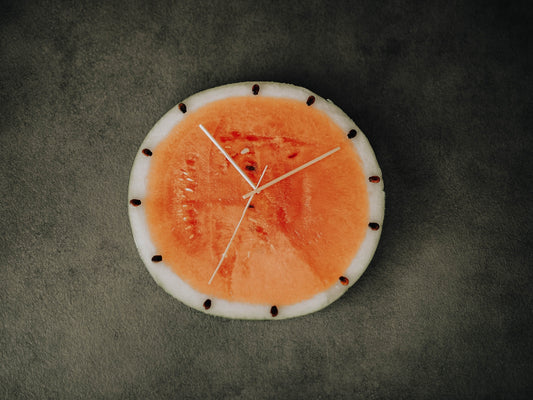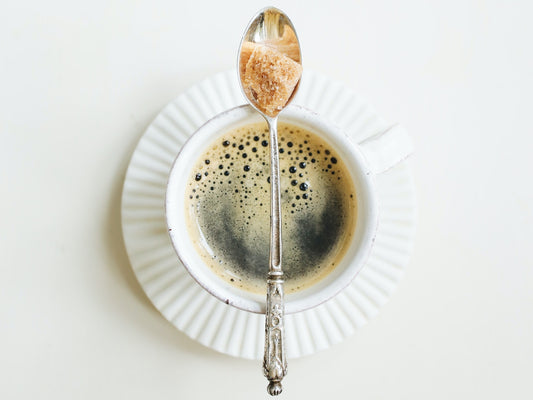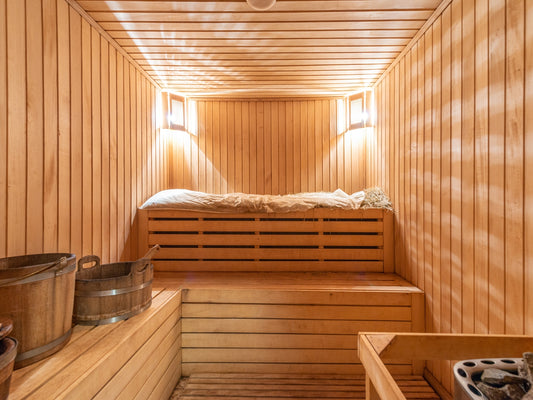Who doesn’t love their morning joe? Coffee can be a great way to start your day, but there’s a big difference between enjoying the occasional brew vs being chronically dependent on caffeine. Having a caffeine addiction will harm your long-term health. Embracing a no-coffee or no-caffeine lifestyle may seem hard at first–you might even depend on caffeine for waking up every day and can’t imagine starting your day without it. Don’t worry, there are plenty of ways to wake up every day feeling refreshed and energized without drinking coffee.
Tips for Being Active in the Morning without Coffee
1. Having Breakfast/Quick Snack
Food provides the energy you need to be active. So, having a breakfast or a quick snack is excellent for energizing your body. Specifically, you should consume foods with a low sugar index and eat a mixture of carbohydrates, proteins and fats. The carbohydrates will provide you with a quick boost of energy, and the protein and fats will satiate you. Ideally, choose low-glycemic foods that contain healthy fats, lean proteins, and unrefined carbohydrates. Examples of such healthy food include chia pudding, low-carb waffles or a bowl of mixed berries and non-flavored yogurt.

2. Stay Hydrated
Technically, you wake up dehydrated every day. Being deprived of drinking water for 8 hours a night takes its toll on the human body. Being dehydrated causes fatigue since dehydration reduces blood flows to your brain, resulting in your heart pumping harder to compensate. Drinking more water after waking up will give your heart the break it needs to calm down [1]. Most people probably don’t drink enough water after waking up, which results in mild dehydration that causes fatigue. If you’d prefer drinking something more energizing than water, you could go for an electrolyte-packed hydration mix. Our Energy line was specifically designed to give you a boost that doesn't wear off. You may also want to swap out your morning coffee for a cup of tea, which contains L-theanine, a chemical that also provides energy. In any case, you should make sure you’re drinking enough fluids to stay hydrated!
3. Regular Exercise
Regular exercise improves your energy because when you exercise, your cells demand more energy from your body. This demand results in the release of endorphins and norepinephrine, a chemical that causes wakefulness and feelings of alertness [2]. Often people confuse physical fatigue with mental fatigue. So, if you feel tired in the morning, but aren’t sure why, going outside in the sunlight could be a great way to feel better. Cardiovascular exercise also increases your heart rate, which also increases feelings of alertness and wakefulness. A morning walk could also improve your mood because most people feel better after seeing natural things like the sky and trees.
4. Listen to upbeat music
Listening to music in the morning improves your mood, and it could help you with your morning exercise too. Upbeat music with a high temp of around 170 heartbeats per minute has the most positive effects according to a 2020 study [3]. The study found that this type of music:
- Improved listeners’ moods
- Reduced feelings of pain and fatigue during exercise
- Improved exercise performance
- Improved endurance

Music, in general, has been proven to improve mood and reduce depression. It’s also effective for improving blood flows like statins do, and it lowers production of stress hormones like cortisol. Music does all this by activating neurochemicals associated with positive moods.
5. Try Aromatherapy
Aromatherapy is using aromatic plant extracts and oils for massages and baths. Aromatherapy is an effective stress-reducer for many people, but it does not work for everyone. A 2018 study concluded that aromatherapy is effective in decreasing fatigue. You could introduce aromatherapy into your daily routine by using lavender-scented oils before you get ready to leave for work. You could also try other scents, which could have similarly strong effects. For example, the scent of rosemary was found to help make people feel more alert [4].
6. Take Cold Showers
A cold shower could jog you wide awake and instantly improve your energy and mood. Cold showers also boost your immune system because they increase your white blood cell count. It might take some getting used to, but a daily cold shower could improve your mood long-term. If you think it’s too difficult to do, ease yourself into daily cold showers by first spending just five minutes in a cold shower for a week. Gradually increase the time from 5 minutes to 10 and then 15 minutes in the subsequent weeks. You’ll eventually get used to cold showers [5].
Health Benefits of Drinking less Coffee
Not drinking coffee daily can result in a series of health benefits, as it will likely improve your sleep, nutrient absorption ability, stomach and skin health.

1. Better Sleep
Caffeine increases alertness, and most people use it to reduce their need for sleep. Even if you don’t drink coffee specifically for the caffeine, it will still impact your sleep. Caffeine as far as 6 hours before bedtime can reduce sleep quality. So, it makes sense that cutting caffeine will improve your sleep quality [6].
2. Relaxed Stomach health
Caffeine functions as a laxative. So, caffeine makes you go to the bathroom more frequently. Decreasing caffeine intake improves your stomach health since it means fewer bathroom trips. Fewer bathroom trips means that your stomach can relax more.
3. Better Skin Health
Caffeine decreases your body’s collagen production. Collagen is a protein that makes your skin tight and elastic. When collagen production decreases, your skin sags and wrinkles develop. So, decreased collagen production results in increased aging. Removing caffeine increases collagen production, which decreases aging.
4. Better Nutrient Absorption
A large caffeine intake reduces effective vitamin and mineral absorption. In fact, if you take a multivitamin pill with coffee, the caffeine could prevent multivitamin absorption. Removing coffee from your diet will instantly improve nutrient and vitamin absorption.
To sum it up, choosing not to drink your morning caffeine could be great for your health. To energize yourself, you should hydrate yourself, eat breakfast, exercise regularly, and listen to music. After you adopt a caffeine-free lifestyle, you’ll experience several health benefits ranging from improved skin health, better nutrient absorption, better sleep and reverse aging.
References










